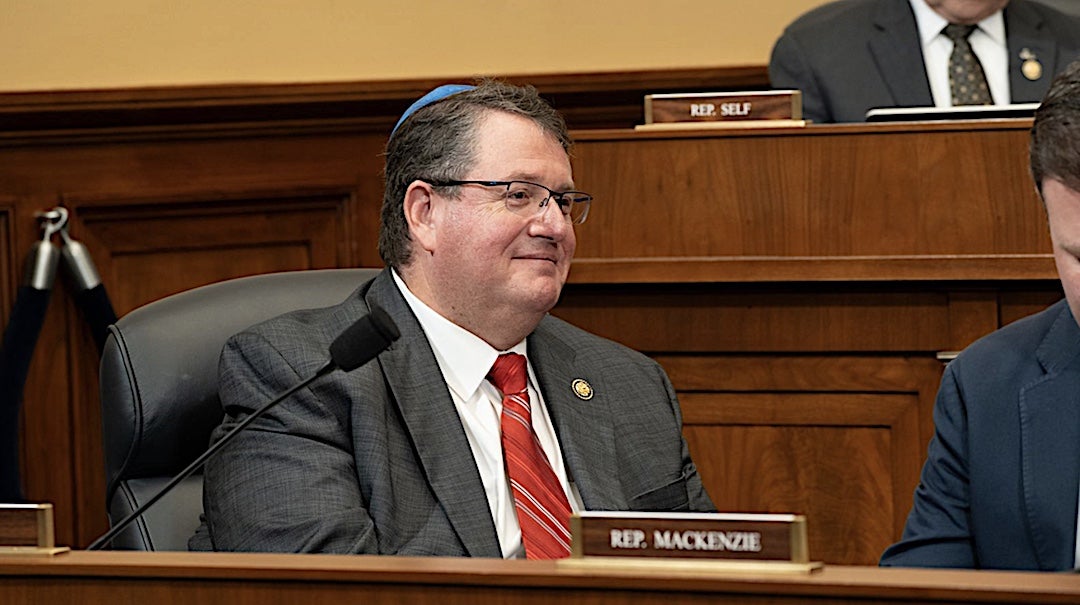Israel Says Syrian Mortar Strike Was Attack on NATO
Israel’s Deputy Prime Minister Dan Meridor said on Thursday a deadly Syrian mortar strike on a Turkish town had to be considered an attack on a member of the NATO alliance.
Israel is technically at war with Damascus and occupies the Golan Heights that it seized in the 1967 war and later annexed, but it has generally taken a cautious line on the uprising in its Arab neighbour.
“One has to say that according to the NATO treaty, it was an attack on a member of NATO, and that means France,” Meridor told reporters during a visit to Paris, referring to France’s membership of NATO.
Syria and Israel have not exchanged fire in three decades, and a parliamentary briefing in July by the Israeli armed forces chief about the risk of “uncontrollable deterioration” in Syria were interpreted by local media as a caution against opening a new fighting front with Syrian President Bashar al-Assad.
Meridor said he did not want to go into details about the incident but said the deaths in Syria had to end.
“Syria is in a horrible situation, a civil war. Each day men, women and children are being killed and it must be stopped,” Meridor said after meeting France’s foreign and defence ministers.
“We are in a process that isn’t finished. We don’t see the end for now.”
Turkey’s government on Thursday said “aggressive action” against its territory by Syria’s military had become a serious threat to its national security and parliament approved the deployment of Turkish troops beyond its borders if needed.
Immediately after the incident, Ankara, which has the second-largest army in NATO, called a meeting of the organisation’s North Atlantic Council.
Syria has apologised through the United Nations for the mortar strike in Turkey and said such an incident would not be repeated.
Israel has been particularly worried that Hezbollah, the Iranian-inspired Shiite militia in neighbouring Lebanon, may gain access to the chemical weapons should Assad’s grip slip amid a 18-month-old insurgency.
Assad, from the minority Alawite sect, considered an offshoot of Shia Islam, has close ties both with Shi’ite Iran and Hezbollah, which was originally set up to oppose Israel.
“The alliance with Iran is extremely worrying (for us). Iran on one side, Hezbollah on the other, with Syria in the middle. For us, it’s very important that this unholy alliance is broken,” Meridor said.
“If the Assad regime were to fall, it would be a vital strike on Iran,” he said.















